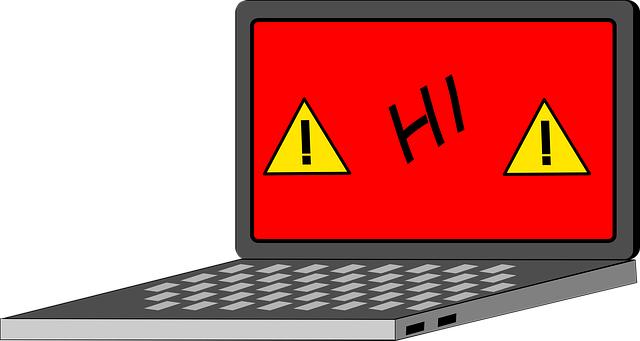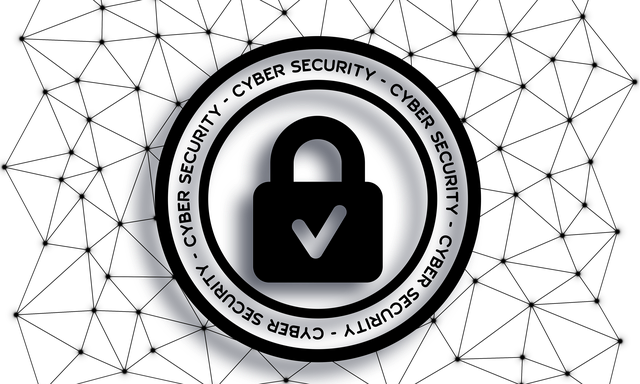Critical evaluation of listings: spot red flags like dubious pricing, vague descriptions, and hidden fees. Understand legal rights as a tenant. Avoid pressure tactics and suspicious language. Verify landlord identity and payment methods. Research neighborhood safety before signing. Protect financial info by double-checking requests for sensitive data. Communicate directly with potential landlords.
Navigating the world of college rentals can be tricky, especially with numerous scams lurking. This guide equips folks with knowledge to recognize and avoid rental scams, ensuring a safe college renting experience. Learn to spot red flags in listings, understand your legal rights as a tenant, and protect yourself from pressure tactics or unknown landlords. By verifying identities, researching neighborhood safety, and safeguarding financial info, you can find a trustworthy place to call home.
- Spotting Red Flags in Listings
- Understanding Legal Rental Rights
- Avoid Pressure Tactics
- Verify Landlord's Identity
- Research Neighborhood Safety
- Protecting Your Financial Information
Spotting Red Flags in Listings

When searching for safe college renting options, it’s crucial to approach listings with a critical eye. Red flags can pop up in various forms, from dubious pricing to vague or false descriptions. Be wary of extremely low rents; if something seems too good to be true, it probably is. Many legitimate properties will list all fees and charges upfront, so be suspicious if you’re asked to pay extra “fees” not initially disclosed.
Check the listing’s details carefully. Poor grammar or spelling mistakes might indicate a lack of professionalism or even a scam. Additionally, ensure the contact information provided is valid and directly from the property owner. If the listing avoids providing specific details about the property or location, it could be a sign that something is amiss. Always verify these facts before considering any rental agreement.
Understanding Legal Rental Rights

Before diving into the world of college rentals, it’s crucial for students to familiarize themselves with their legal rights as tenants. Knowing what protections are in place can help ensure a safe college renting experience. Federal and state laws outline specific rights, including the right to live in a habitable unit free from health and safety hazards. Students should also be aware of their landlord’s responsibilities regarding maintenance and repairs. Understanding these rights empowers students to recognize and avoid potential scams that may arise during the rental process.
Tenants have the right to be informed about rent amounts, any fees, and the terms of their lease agreement. Transparent communication is key; if a listing seems too good to be true or includes vague or misleading information, it’s a red flag. Familiarize yourself with local tenant laws, which often provide additional safeguards. By being proactive and knowledgeable, students can protect themselves from unfair practices and find secure and safe college rental options.
Avoid Pressure Tactics

When searching for safe college renting options, it’s crucial to be wary of any rental listing that employs pressure tactics. Legitimate landlords and property managers typically don’t rush you into signing a lease or demand immediate payments. Scammers often use urgent language, claiming that the property won’t stay available for long, trying to scare you into making quick decisions. They might also insist on payment through unconventional methods, such as wire transfers or gift cards, which are red flags.
To maintain safe college renting practices, take your time and carefully consider each option. Research the landlord or property manager online to verify their legitimacy. Look for consistent communication and professionalism in their interactions. Remember, there’s no rush when it comes to finding a suitable place to live, especially during what can be an exciting yet stressful transition to college life.
Verify Landlord's Identity

When looking for a rental, it’s crucial to verify the landlord’s identity to ensure safe college renting. Start by asking for their contact information and cross-referencing it with what they provide online. A legitimate landlord will have consistent details across various platforms. You can also check if they have previous tenant references you can contact to confirm their legitimacy.
Additionally, be wary of landlords who require immediate payment or ask for excessive personal information upfront. Legitimate rentals usually involve a more gradual process where you pay a security deposit after viewing the property and signing a lease. Always trust your instincts; if something feels off, it might be a scam. Prioritizing safety measures can help ensure a smooth college housing experience.
Research Neighborhood Safety

Before diving into a new rental agreement, it’s crucial for college students to research the neighborhood’s safety. Safe college renting involves understanding the crime rates in the area, checking local police reports, and talking to fellow students or neighbors about their experiences. This step is vital as it helps identify potential red flags and ensures you’re moving into a secure environment.
By researching neighborhood safety, students can avoid scammy landlords who might lure them with promises of affordable housing in dangerous areas. Staying informed allows for better decision-making, ensuring a peaceful and worry-free college experience.
Protecting Your Financial Information

Protecting your financial information is a crucial step in ensuring a safe college renting experience. Be wary of sharing sensitive data like your Social Security number, bank account details, or credit card numbers with anyone until you’ve thoroughly vetted them. Scammers often pose as landlords or property managers, so always double-check the legitimacy of the source before providing any personal information.
When signing agreements or filling out applications, read every line carefully. Be on the lookout for red flags such as unusually low rent rates or requests for upfront payments without a clear explanation. Legitimate landlords typically require some form of security deposit and first month’s rent, but they will never ask for cash only or wire transfers. Keep your financial transactions secure and always communicate directly with potential landlords to avoid falling victim to rental scams.
